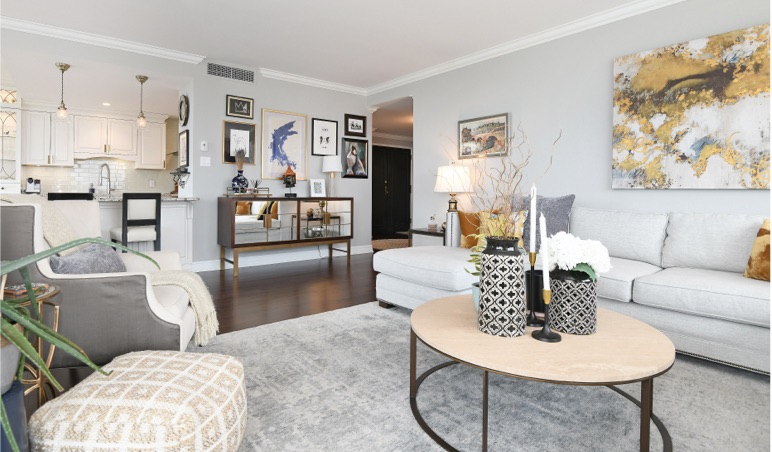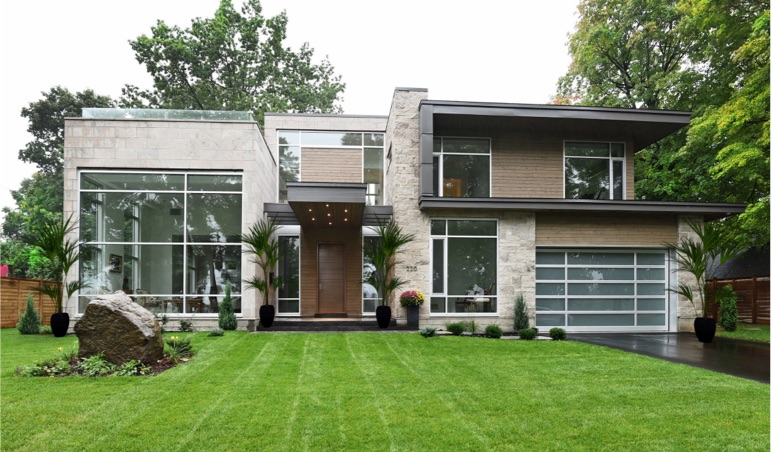Buying a Starter Home: What to Consider

Alt: A small house
Are you a young business professional intent on taking advantage of the favourable interest rates? Is your family growing, and it’s time to settle down in a place you can call your own? Or are you merely tired of renting and want to feel like the place you live in is really yours? At the same time, you may feel like you are throwing your precious, hard-earned money away on rent, while you could be investing it in your property. Purchasing a starter home is a way out and an excellent solution. Also, it is a good option for those with a more modest budget. However, it is also a good way to start building your equity. Still, there is a lot to consider before buying a starter home, and we are here to help you.
What are starter homes?
Perceive a starter home as a middle ground between being a renter and purchasing a forever home. It is an excellent way to smoothly and virtually imperceptibly transition into the homebuying process. Still, make no mistake, buying a starter home is buying a home. It is the first house you can afford to buy. But, you are moving upmarket. And the starter home is what will enable you to purchase a bigger and more luxurious place later down the road.
The difference between a starter home and your dream home is that it may not have all the great features you want from your forever home. Still, it suits your and your family’s current needs and it will provide some luxuries. These are typically smaller and less expensive properties. Also, they are primarily for people who plan to stay there for about five years. So, young couples, professionals at the start of their careers, young families, and anyone who won’t be needing a six-bedroom mansion soon.
So, if you can’t wait to throw a housewarming party and gather friends in your new home, look at our list of essential factors to consider before purchasing your first home and get there faster.
Factors to consider before buying a starter home
Purchasing a house is one of the most substantial investments people make in their lives. Although starter homes are more affordable, they are still the most significant investment you will have made up to that point. Also, not many life events can compete with the thrill of purchasing your first home. It is the first tiny bit of this planet you can call your own. And it is a considerable accomplishment. So, since this is your first real estate investment, there are things you will have to consider before you run to your lender and put an offer on a place.
The space you need
We have already established that starter homes are smaller, which makes them more affordable. So, while you may compromise on the space a bit, you will still live comfortably in it.
As we have mentioned, starter home buyers typically plan to live there for up to five years. Thus, consider how your needs will change in the next couple of years and pick a home that will be able to accommodate them. That way, even if you outgrow your starter home, you will still be able to live there until you can buy your forever house.
Furthermore, consider the outdoor space you want to have. If you like to spend your time outdoors, you will want a nice garden and a beautiful patio. This feature will also be an excellent selling point when you decide to put your home on the market and purchase a new home for yourself.
Location
Location is everything in real estate. It determines your home value and the quality of life you will have there. And starter homes are not an exception. After all, they are called starter homes for a reason. You will have to sell it one day, and you should ensure you can do it successfully.
So, you will probably want to buy a home that is close to your work, restaurants, nightlife opportunities. It will ensure that your needs are satisfied and future buyers will be interested. The good rule of thumb is – buy a house that has everything prospective buyers might want.
Your budget
You have probably already realized that purchasing a starter home doesn’t differ much from the home buying process in general. Therefore, like all homebuyers, you also have to consider your budget. Firstly, you must understand that being able to buy a home does not necessarily mean that you can afford to own a home. So, even purchasing a starter home may not be a sound financial decision.
Buying a home implies paying a monthly mortgage, covering registration costs, paying for property taxes, home insurance, etc. Moreover, it means that all the necessary maintenance becomes your responsibility. If the home you purchase is not in great shape, it could become a money pit that demands extensive renovation. Therefore, carefully inspect your finances, and even more importantly, choose the home you want carefully before making any definite decisions.
Understand the housing market in the area you plan to buy
When it comes to real estate, considering the housing market before buying anything is crucial. This is something your real estate agent can help you with. But the bottom line is this – purchase a home in the area where home prices tend to increase. Growing prices indicate that the market is strong and that you will probably profit when the time to sell comes.
The alternative is rather bleak. If the housing market in the area is not that strong, you risk depreciation, which means you may lose money when you decide to sell.
The advantages of buying a starter home
Purchasing a starter home has several significant advantages, many of which we have already mentioned. When you decide to invest in one, you will:
- stop spending money on rent, but start investing in your property
- get a springboard for building equity and savings
- get an opportunity to make a profit if the market appreciates
- have a property to rent if you decide to keep it
- save a lot (you will pay less for the down payment, monthly mortgage, utilities, property taxes)
- not have to stay in that place long-term
- most likely sell it quickly when the time comes.
The disadvantages of buying a starter home
As usual, where there are upsides, there are also downsides. And we have to go over them too, so you can make an informed decision:
- It is still a time and money-consuming process (consider closing costs, agent’s fees, moving expenses).
- In seller’s markets, where inventory is low and prices high, it may be simpler and more affordable to simply continue renting.
- Starter homes are a temporary solution, as the name suggests. If you outgrow it quickly, you may have to move sooner than anticipated, so the whole ordeal becomes more expensive.
The bottom line
Even with all the downsides of buying a starter home, the advantages outweigh the disadvantages by a long mile. If you do your research well and consider all the essential factors before you make any decisions, you can turn it into a profitable investment that will move you up the market in a few years.
White and Red Wooden House With Fence · Free Stock Photo (pexels.com)
Active Listings

Find Residential Condos and Family Homes for sale or lease.
Luxury Properties

Find Luxury Properties and Waterfront Homes in Rockcliffe Park, Rothwell Heights, Cedarhill, Winding Way, Manotick and more…
Open Houses

Find a list of Open Houses being hosted by Exceptional Properties.